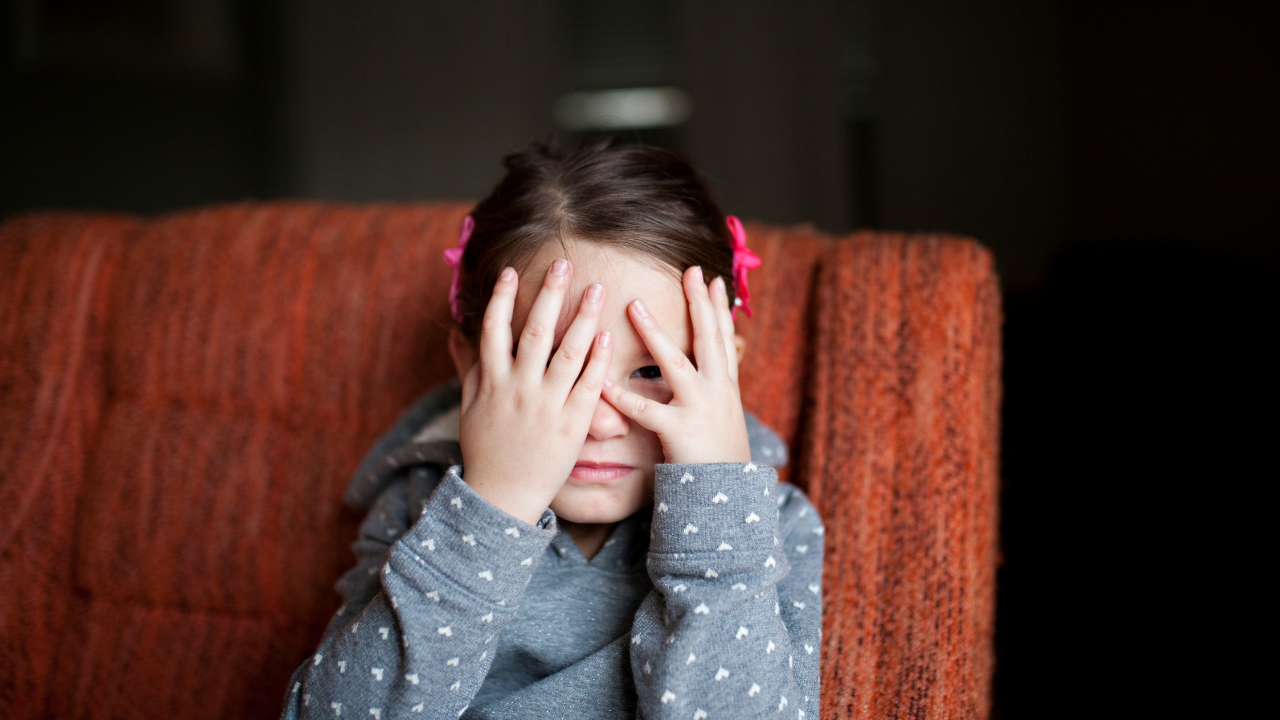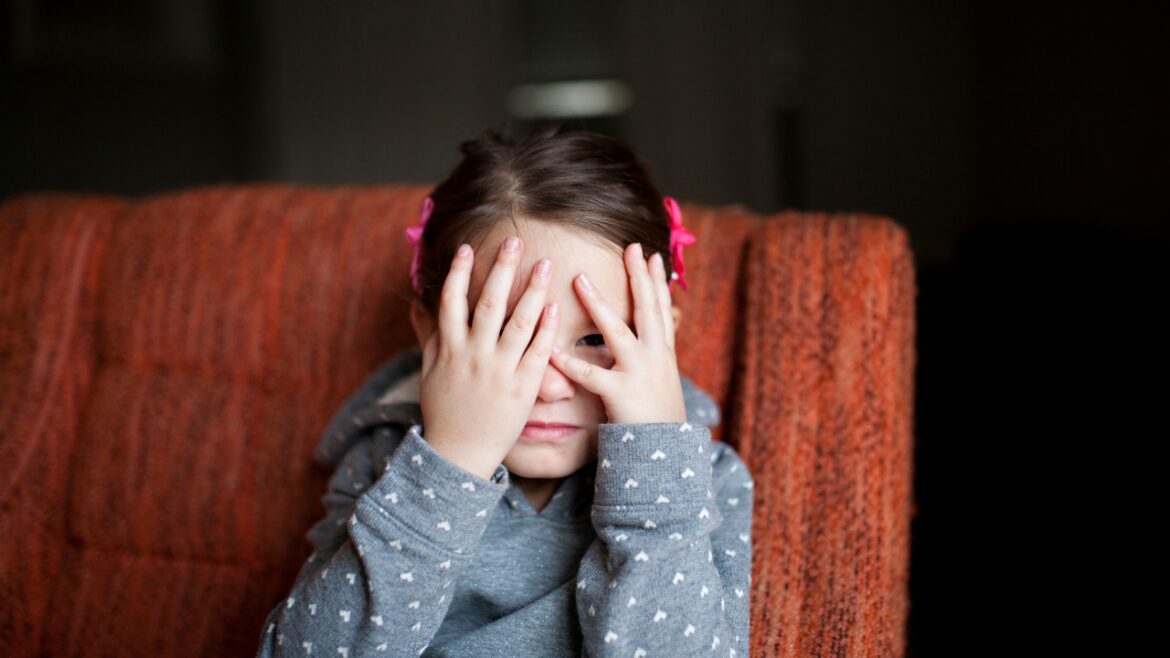Table of Contents

Children love talking to people and telling them various things about their day, what happened, what they learned etc. Parents should always encourage this as it builds their confidence and make them feel heard. But what happens when this behaviour is discouraged? What happens when instead of gently correcting their mistakes, you make a spectacle of it? The kids may develop an inferiority complex. An inferiority complex, a pervasive feeling of inadequacy or inferiority, can have a significant impact on a child's self-esteem and overall well-being. This psychological condition can manifest in various ways, from shyness and social withdrawal to academic struggles and behavioural problems.
If you're concerned about a child's self-esteem, it's advisable to seek support from a mental health professional or other qualified individuals who can provide guidance and assistance.
They hear negative comparisons
Constantly comparing oneself to others, especially peers perceived as more successful or popular, can lead to feelings of inadequacy. Children may focus on their perceived shortcomings and overlook their own strengths, leading to a downward spiral of self-doubt.
They try to achieve unrealistic expectations
Setting overly high standards for oneself or being subjected to unrealistic expectations from parents or teachers can create a sense of failure or incompetence. Children may feel pressured to be perfect and believe that anything less than exceptional is unacceptable.
They are being bullied or teased
Being bullied or teased can erode a child's self-confidence and make them feel inferior to their peers. The constant negative reinforcement can lead to internalized negative beliefs about oneself and a diminished sense of worth.
They lack of support
Children who feel unsupported or unloved may develop low self-esteem and a sense of inferiority. When children do not feel valued or appreciated, they may question their own worth and believe that they are not deserving of love or respect.
They experience negative self-talk
Internalizing negative thoughts and beliefs about oneself can contribute to an inferiority complex. Children may engage in self-criticism and negative self-talk, reinforcing their feelings of inadequacy and worthlessness.
They have a physical or learning disabilities
Children with physical or learning disabilities may feel inferior to their peers who do not have these challenges. They may struggle to keep up with their peers and feel isolated or excluded, leading to feelings of inadequacy and shame.
They witness negative relationships
Observing negative or harmful relationships between parents or other adults can negatively impact a child's self-worth. Children may internalize the negative dynamics they witness and apply them to their own self-perception.
They conform to cultural or societal pressures
Stereotypes or biases based on race, gender, or other factors can make children feel marginalized or inferior. When children are constantly exposed to negative stereotypes, they may internalize these beliefs and doubt their own abilities and potential.
They have experienced trauma or abuse
Experiencing traumatic events or abuse can have a profound impact on a child's self-esteem and sense of worth. The emotional trauma associated with abuse can lead to feelings of shame, guilt, and inadequacy.

